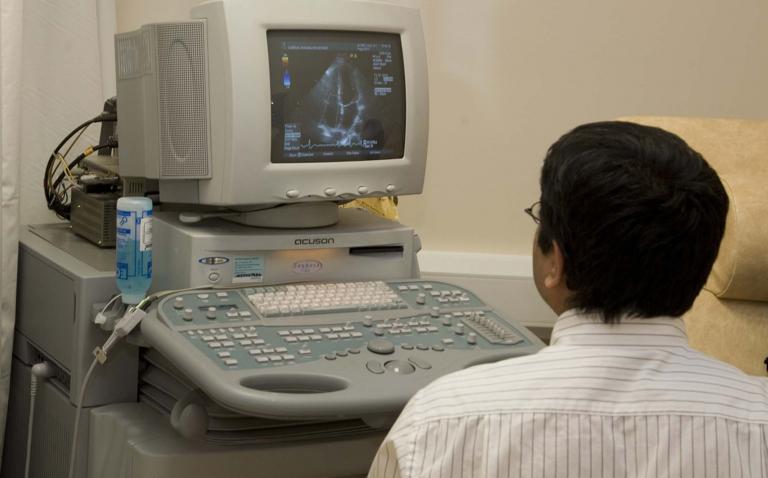Devices known as radio tags, which are used in hospitals to identify patients and track medical supplies, are interfering with medical equipment and may be putting patient safety at risk, according to a new study.
Researchers in the Netherlands found that radio frequency identification devices (RFID) can interfere with equipment such as pacemakers and ventilators.
RFID technology is so cheap and small that it is used for a range of devices, including anti-theft devices in shops and ID cards for security and travel. Many hospitals now put RFID tags on patients.
The study, published in the Journal of the American Medical Association, was carried out by Dr Erik Jan van Lieshout of the Academic Medical Centre of the University of Amsterdam and colleagues. They found that, out of 123 tests they performed, RFID caused interference with medical equipment in 34 cases.
In their report, the researchers concluded that RFID induced potentially hazardous incidents in medical devices in a controlled, nonclinical setting.
“Implementation of RFID in the critical care environment should require on-site EMI (electromagnetic interference) tests and updates of international standards,” they recommended.
Copyright PA Business 2008
Your comments: (Terms and conditions apply)
“No. This survey is flawed, as nobody will use RFID readers in such a manner.” – Louis Bianchin, USA
“The use of RFID should not be discounted universally: it is a very attractive and valuable technology. However, the simplicity of application and its adoption into the supply chain processes can overrun other concerns and should be carefully managed. The use of wireless technology is used as the catalyst for RFID and other ‘communications’ functions and, despite industry assurances of safety, still has some concerns. Use of RFID drives wireless, wireless allows other technologies, and so an institution becomes increasingly dependent upon a system of communication that can fail or be interfered with maliciously.” – Martyn Loveday, Qatar
Do you agree? Tell us what you think.










